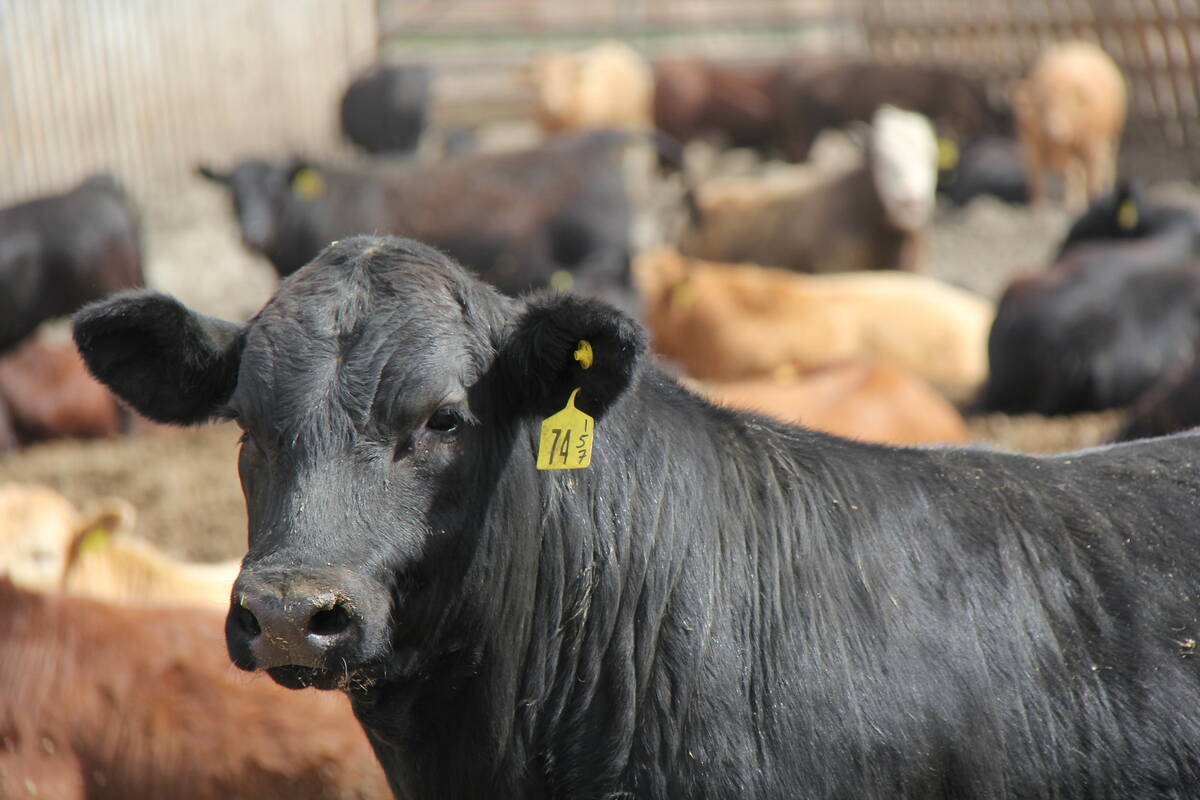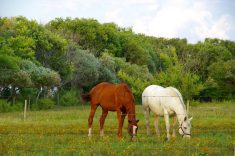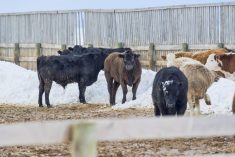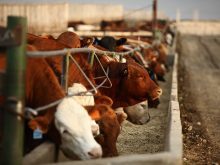The next “substantive” round of arguing in Canada’s and Mexico’s challenge of mandatory U.S. country-of-origin labelling (COOL) will be open to the public — that is, if the public doesn’t mind keeping its distance.
The World Trade Organization’s (WTO) Dispute Settlement Body recently announced that “at the request of the parties in the dispute,” its next meeting on COOL, scheduled for Dec. 1-2, will start with a session open to public viewing at WTO headquarters in Geneva, Switzerland.
However, the session, which begins at 10 a.m. Geneva time on Dec. 1, will be available for public viewing in real time only on a closed-circuit TV broadcast at the site.
Read Also

U.S. livestock: Cattle steady ahead of feed report
Cattle futures on the Chicago Mercantile Exchange held close to unchanged on Thursday, with the bias lower in the most…
The public session of the panel meeting with the parties will continue Dec. 2, the WTO body said in a notice.
The number of places in the viewing room reserved for the public will be allocated on a first-come first-served basis, on receipt of a completed registration form. The deadline for applications is Nov. 25.
The December meetings will be the second round of oral hearings in the case, for which the WTO named its panel in May.
Further written submissions are then expected from the various parties involved through February, to be followed by the WTO panel’s report on COOL in July next year.
Those who are able to get one of the allocated seats in the Geneva viewing room will need to exchange official photo ID for a badge to allow access to the viewing room.
Those able to attend are also advised to “arrive in good time as security checks may delay access to the viewing room.” Recording, filming and cellphone use also won’t be allowed.
The WTO “cannot offer any support, including financial, for accommodation, flight arrangements or visas.”
Launched in September 2008, COOL requires U.S. retailers to notify their customers through labelling the source of foods such as beef, veal, pork, lamb, goat, fish, fruits, vegetables, peanuts, pecans and macadamia nuts.
Canada and Mexico contend that COOL violates international trade laws, restricts market access and constitutes a technical trade barrier.
Canadian livestock groups say the law has forced unnecessary costs on U.S. meat processors, who now must either segregate Canadian animals and meat for labelling purposes, or curb their imports from Canada.
Washington has argued that any economic impacts on Canadian and Mexican producers have been due to choices by market participants such as processors and retailers, and not a result of the U.S. government’s labelling law itself.

















